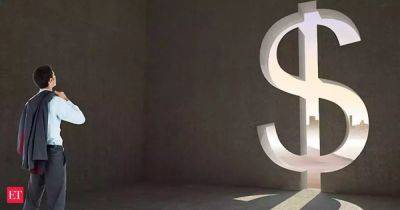The unemployment insurance program is unprepared for a recession, experts say
Renewed fears of a U.S. recession have put a spotlight on unemployment.
However, the system that workers rely on to collect unemployment benefits is at risk of buckling — as it did during the Covid-19 pandemic — if there's another economic downturn, experts say.
«It absolutely isn't» ready for the next recession, said Michele Evermore, senior fellow at the Century Foundation, a progressive think tank, and former deputy director for policy in U.S. Labor Department's Office of Unemployment Insurance Modernization.
«If anything, we're kind of in worse shape right now,» she said.
Unemployment insurance provides temporary income support to laid-off workers, thereby helping prop up consumer spending and the broader U.S. economy during downturns.
The pandemic exposed «major cracks» in the system, including «massive technology failures» and an administrative structure «ill equipped» to pay benefits quickly and accurately, according to a recent report issued by the National Academy of Social Insurance.
There's also wide variation among states — which administer the programs — relative to factors like benefit amount, duration and eligibility, according to the report, authored by more than two dozen unemployment insurance experts.
«The pandemic exposed longstanding challenges to the UI program,» Andrew Stettner, the deputy director for policy in the Labor Department's Office of UI Modernization, said during a recent webinar about the NASI report.
The U.S. unemployment rate, at 4.3% in July, remains a far cry from its pandemic-era peak and is low by historical standards. But it has gradually drifted upward over the past year, fueling rumblings about a potential recession on horizon.
Policymakers should address the system's
Read more on cnbc.com
























